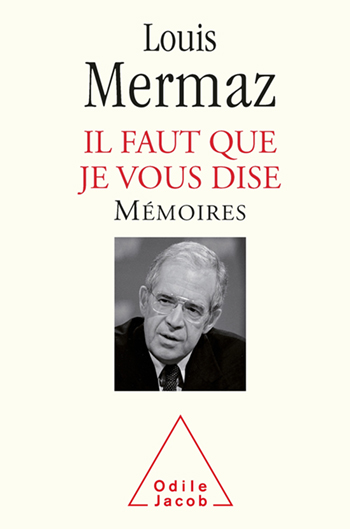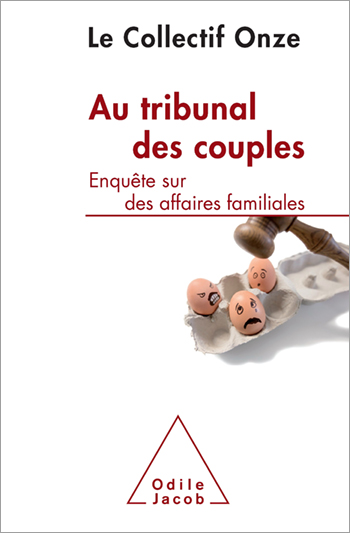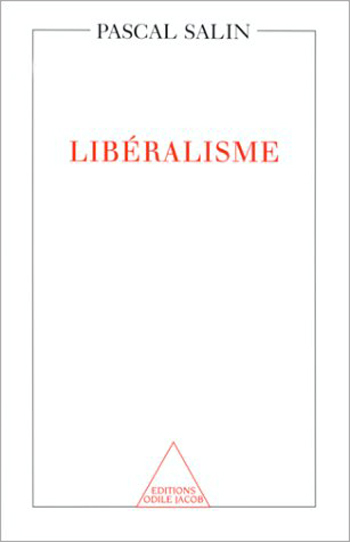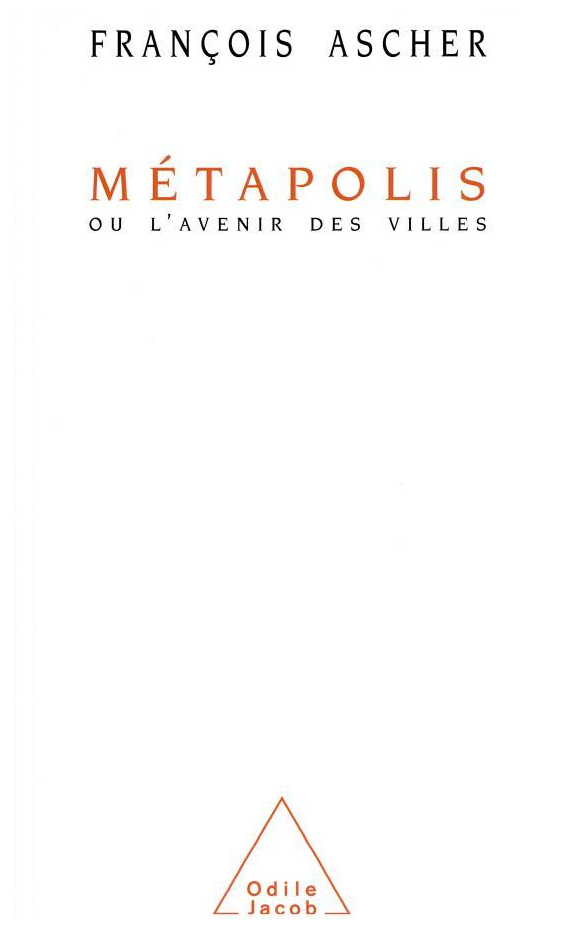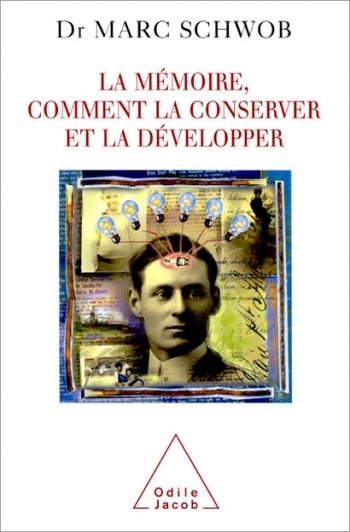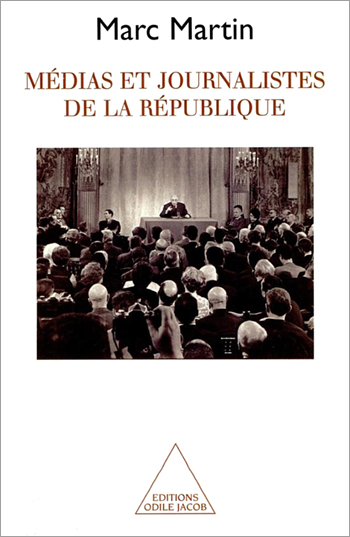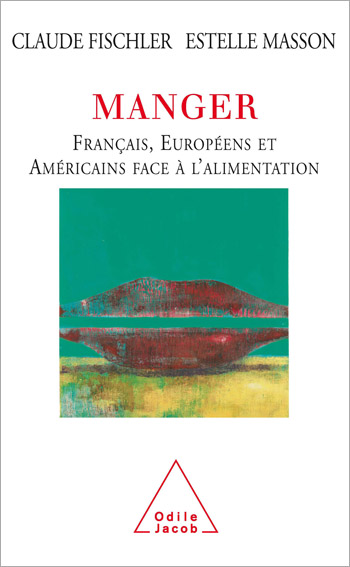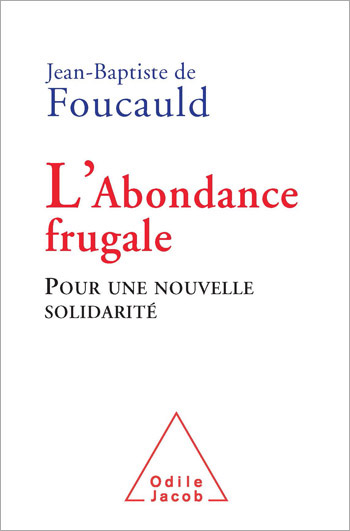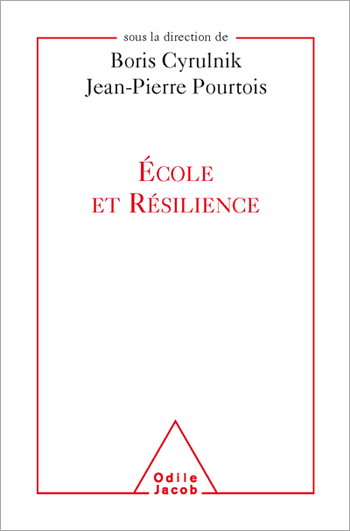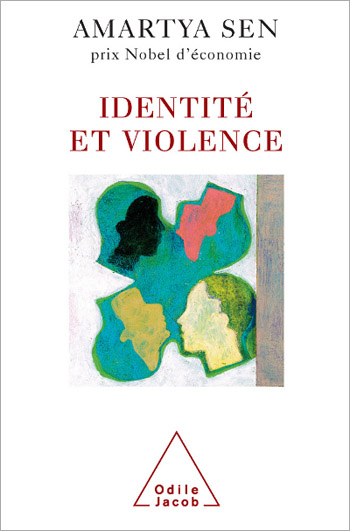Catalog All books
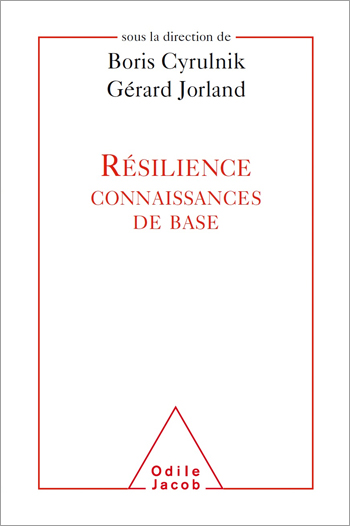
Boris Cyrulnik, Gérard Jorland
Resilience The Basics
This book shows how, by modifying educational and therapeutic practices, these various disciplines can combine to enable us to face traumatic pain.
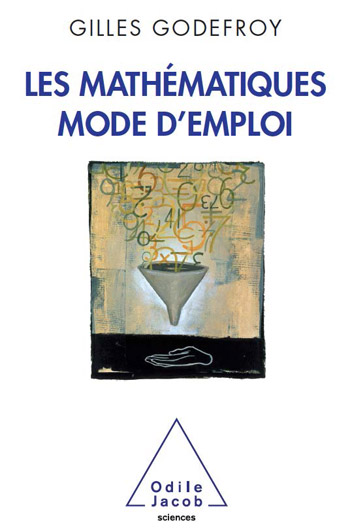
Gilles Godefroy
Mathematics: A How-to Guide
“Most of us first discovered mathematics at primary school. But instead of those intimidating syllables...
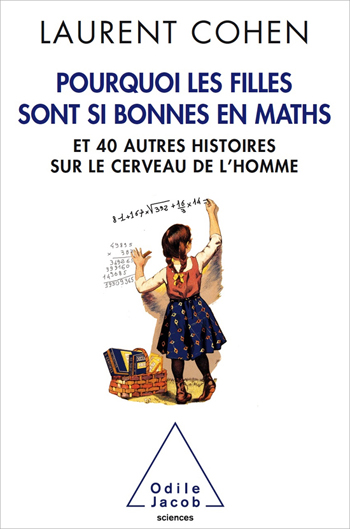
Laurent Cohen
Why Girls Are Not (That) Bad at Maths And 40 Other Stories About the Brain
Everything you ever wanted to know about brain power, explained with humour, precision and clarity
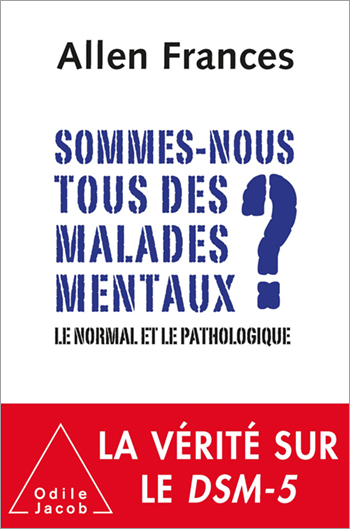
Allen Frances
Saving Normal An Insider’s Revolt Against Out-of-Control Psychiatric Diagnosis, DSM-5, Big Pharma and the Medicalization of Ordinary Life
A scathing indictment of psychiatry’s unchecked medicalization of normality

Christine Tardieu
How We Become Bipeds The Wolf-Child Myth
A history of how and why humans are the only mammals that permanently adopted bipedalism.
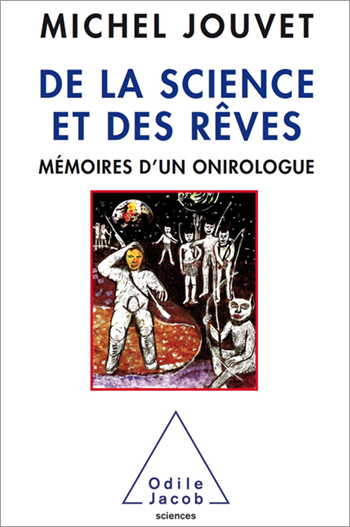
Michel Jouvet
Science and Dreams
The scientist Michel Jouvet recounts his great discoveries and reviews recent research in the science of dreams.

Israël Finkelstein
The Forgotten Biblical Kingdom
One of the world’s greatest archaeologists reveals what the Bible doesn’t tell us.
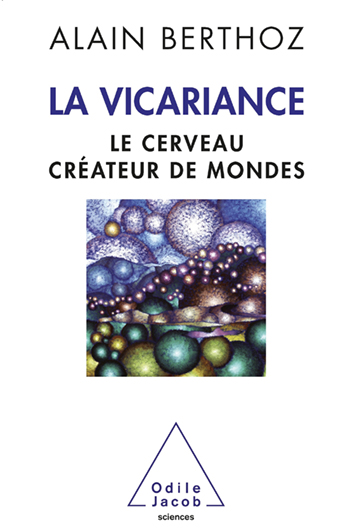
Alain Berthoz
The Vicariance The Brain as Creator of Universes
A new concept, invented by Alain Berthoz, to explain the mechanisms governing human creativity
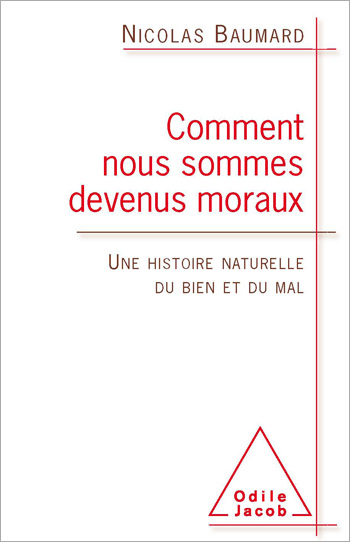
Nicolas Baumard
What Are the Bases of Morality?
Why are we moral? The great classical philosophical theories are examined here in the light of the latest research in the areas of ethology, psychology and the cognitive sciences as they relate to the natural foundations of morality.
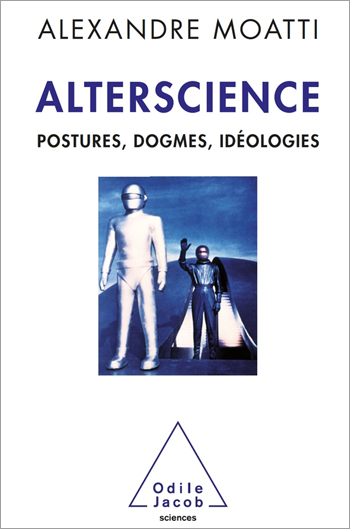
Alexandre Moatti
Alterscience
This much-needed book warns against a type of obscurantism that is spreading alarmingly on the Internet
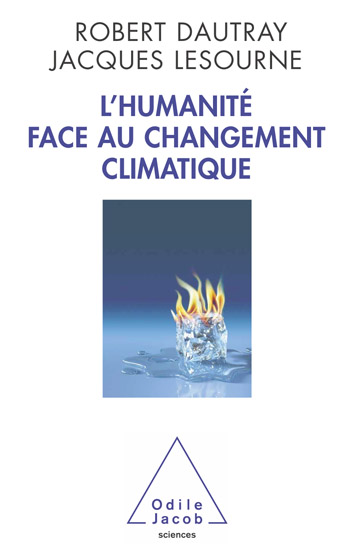
Robert Dautray, Jacques Lesourne
Humanity and the Challenge of Climate Change
A thorough examination of current scientific data concerning the evolution of climate change and related phenomena.

Jean Bénichou, Marc Libotte
The Book of Feet and Walking
Do you have flat feet ? Hollow feet ? How can deviations of the toe be treated ? Sprains ? How can you look after the nails and the skin ? How should you treat athletes foot ? What to make of reflexology ? Why are the feet of children, athletes and senior citizens so fragile ? How is the marvel of bipedalism possible ? What is the position of the foot in our culture ? Dr Jean Bénichou and Professor Marc Libotte are orthopaedic surgeons, specialising in foot surgery.

Louis Bodin, Bernard Thomasson
Weather Travel Guide
An indispensable guide to worldwide weather conditions to help you choose your travel destination
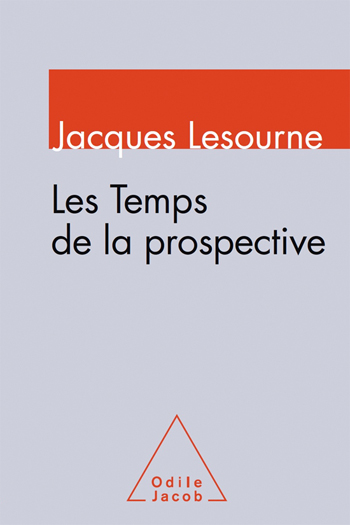
Jacques Lesourne
Reflecting on the Future
Instead of describing a ready-made methodology, the author, an eminent prospectivist, shows us how to picture the future.
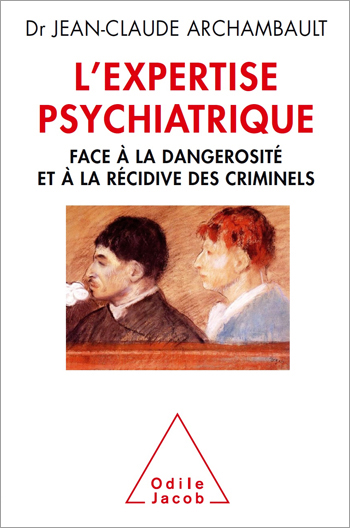
Jean-Claude Archambault
Psychiatric Evaluation
Understanding the place of psychiatric evaluation in the judicial process: role, goals, task summary. How to evaluate and assess what does (or does not) derive from mental disorders.


